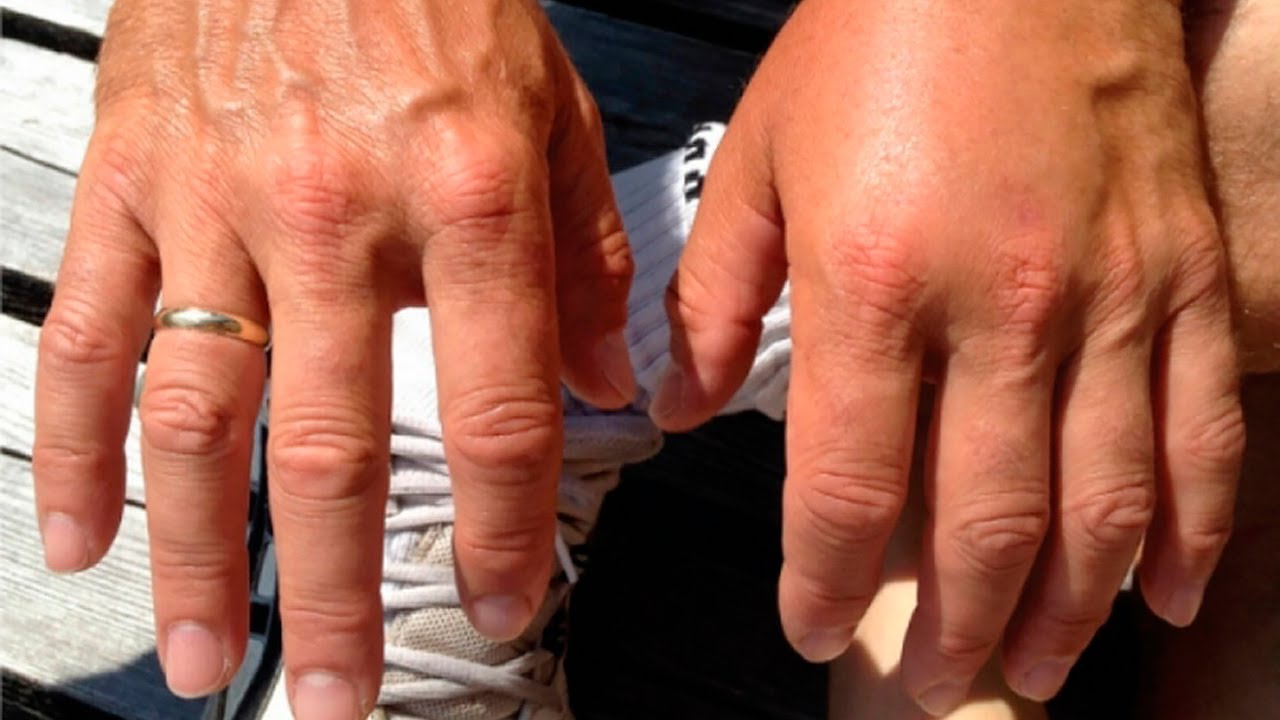
In today’s video, you will learn the causes of swelling and when you should worry about it. Do you frequently feel your body swollen?
Did you know that swelling can be caused by many things and is also the symptom of many diseases? The most common cause is water retention.
Marks of your shoes on your feet or ankles, legs that seem bigger at the end of the day, heavy body, and excessive tiredness are bothersome situations that happen to many people.
And all of them may be related to swelling, characterized by an increase in the volume of areas of the body that are sensitive to gravity’s action.
Many diseases are also associated with swelling, like the ones that harm the liver, kidneys, heart, and thyroid.
Besides that, vascular changes, like varicose veins and lymphatic edemas, medications for hypertension, anti-inflammatory, steroids, estrogen, and certain medicines for diabetes, called thiazolidinediones, can also cause swelling.
Pregnancy, salt-rich diets, lack of physical activities, or staying too long in the same position can also result in swelling. Visiting an expert health professional is the key to diagnose your case.
Watch the video to learn more about the causes of swelling and when you should seek medical help.
If you have any of those symptoms, seek the help of an expert to analyze your case and help you.
If you know anyone with the symptoms mentioned here, send this video to them.
0:00 Causes of Swelling
1:22 Swelling Warning Signs and Symptoms
1:43 Potential Complications of Unmanaged Edema
—————————————-
Facebook: https://bit.ly/38BWbw3
Pinterest: https://bit.ly/2Irvwa6
Disclaimer: The materials and the information contained on Natural Cures channel are provided for general and educational purposes only and do not constitute any legal, medical or other professional advice on any subject matter. These statements have not been evaluated by the FDA and are not intended to diagnose, treat or cure any disease. Always seek the advice of your physician or other qualified health provider prior to starting any new diet or treatment and with any questions you may have regarding a medical condition. If you have or suspect that you have a medical problem, promptly contact your health care provider.